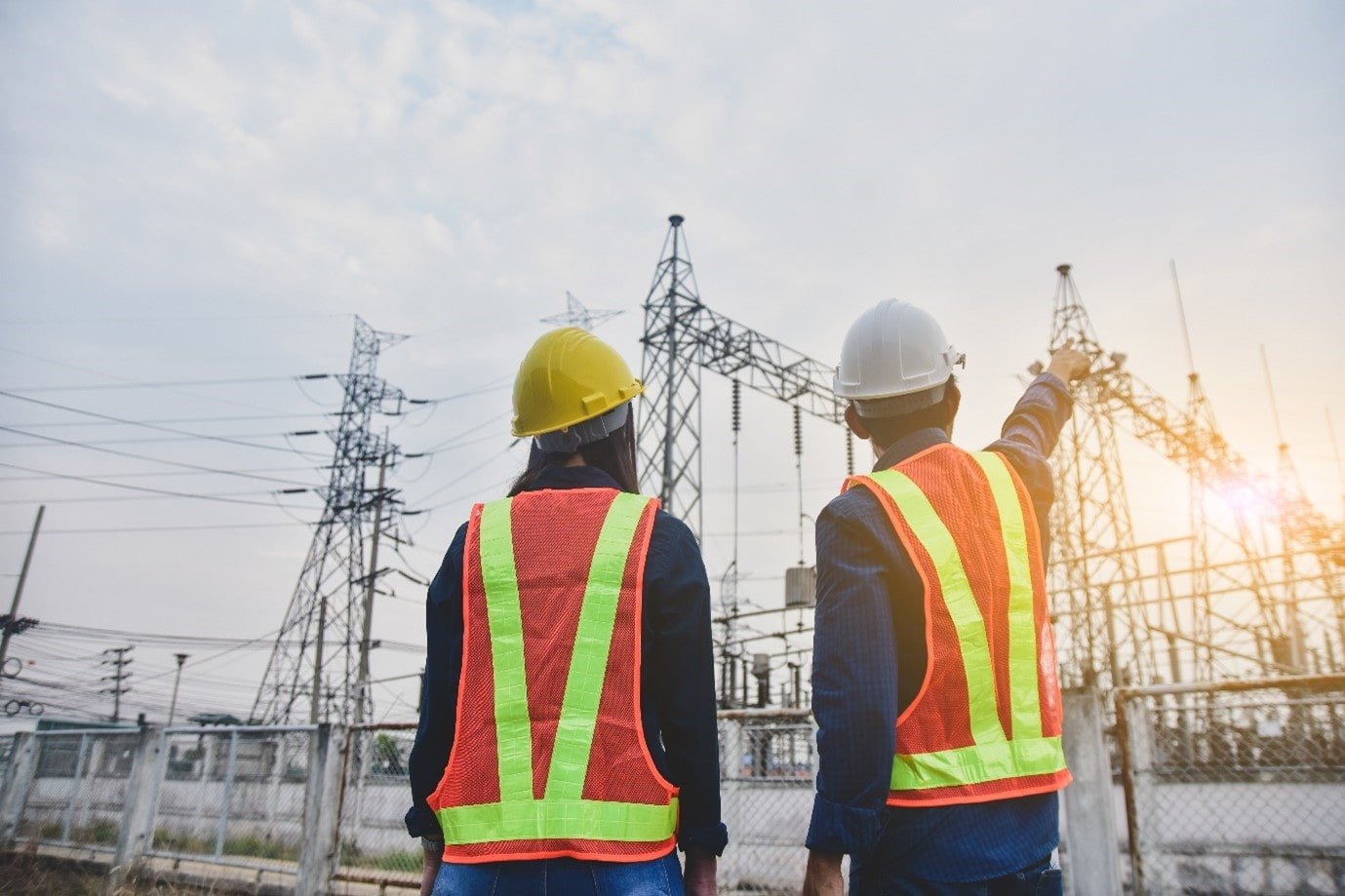
What’s the best type of cooling for your outdoor electrical enclosures?
We all struggle to work effectively when we feel too hot, and, unsurprisingly, the same is true of electrical equipment. It's critical to protect electrical enclosures from overheating, but especially if you are siting them outdoors where they are exposed to the elements, and more specifically the sun. Excessive heat can reduce the lifespan of electrical equipment, cause them to unexpectedly fail and even pose a safety hazard if the temperature becomes too high. Choosing the wrong electrical enclosure cooling solution can have a devastating impact, and the result thereof may be timely and expensive to rectify.
With this in mind, here’s a guide to managing the temperature of your outdoor electrical enclosure.
Factors That Affect Enclosure Temperature
There are various factors that can influence how warm your enclosure gets, which in turn might affect the most appropriate form of cooling. Most electrical equipment will come with a suggested maximum operating temperature that you should avoid exceeding and this figure should be considered in the choice of cooling equipment.
When choosing a cooling solution for an electrical enclosure, there are several factors which will need to be considered. These include:
-
Enclosure Size. The size of your enclosure can affect the effectiveness of different cooling methods. Larger enclosures may require more powerful cooling methods to deal with larger pocket of air we are keeping cool, while smaller enclosures may only require natural convection cooling to maintain an equilibrium.
-
Equipment Density. The amount of electrical equipment you are putting inside of your enclosure will have an impact on the right type of cooling. The more that is placed in a small space will result in a higher level of heat needing to be dissipated and may require higher powered cooling solutions.
-
Environmental Conditions. The environmental conditions in which the enclosure is located can also affect the effectiveness of different cooling methods. For example, if the enclosure is located in a dusty or humid environment, air cooling methods may not be the best choice due to inviting dirt and debris to enter the enclosure.
-
Power Requirements. The power requirements of the equipment inside the enclosure can also affect the choice of cooling method. Higher-power applications may require more efficient cooling methods such as liquid cooling.
One of the largest factors that plays a part in locating enclosures outside is the sun, also known as additional ‘Solar Gain’.
The Sun’s rays beating down on an enclosure can add a large additional load of heat which will need to be considered when choosing your cooling equipment.
Therefore, the final location of the enclosure when it has been built should be known from the earliest stage. That way, it ensures that all the necessary information is considered when designing the enclosure and complimentary cooling equipment.
Active VS Passive Cooling
In most outdoor projects, there are two main cooling styles you may select; ‘Active’ and ‘Passive’ cooling.
‘Passive’ or ‘Air’ cooling is using the ambient air in the environment to do the cooling via fans or natural convection. The relatively colder air from outside is blown over the equipment to remove heat from inside the enclosure.
It's important to note that this option can only be used if the location of the enclosure will not experience high ambient temperatures (i.e. in the summer) as this would mean that no cooling would be possible.
If the enclosure will be located somewhere in which the ambient temperature will be warm (i.e. exported to a hot climate) Active cooling should be used.
Active cooling describes products which can maintain the temperature inside of an enclosure, regardless of the outside temperature, such as a cooling unit. It does this via an electronically controlled refrigerant circuit.
Rittal have a specially designed range of outdoor cooling units to suit harsh outdoor environments. They can withstand the elements and anything that will be thrown at them, to ensure your electrical equipment can operate efficiently and reliably for many years to come.
At Rittal, we provide cooling solutions of all kinds for your electrical equipment. For more information on our products, you can contact us today.



